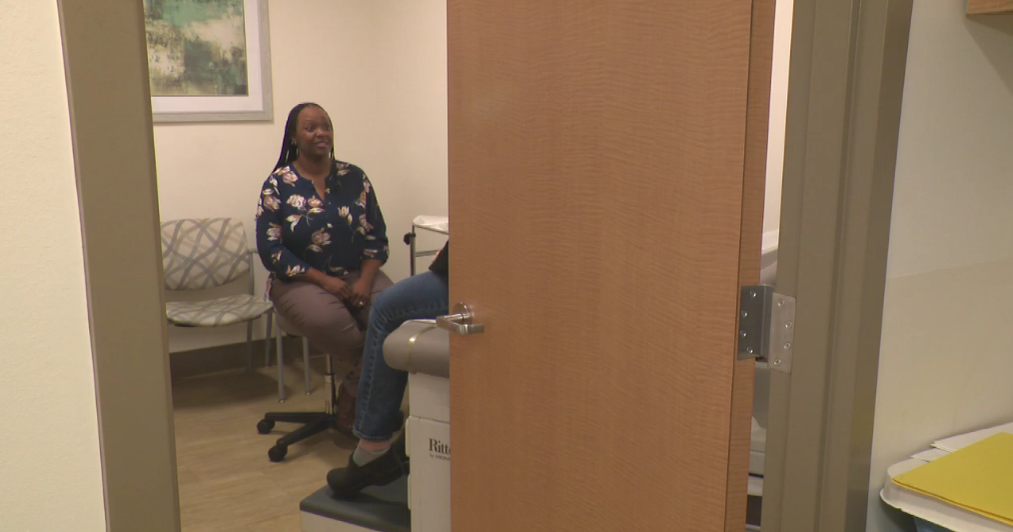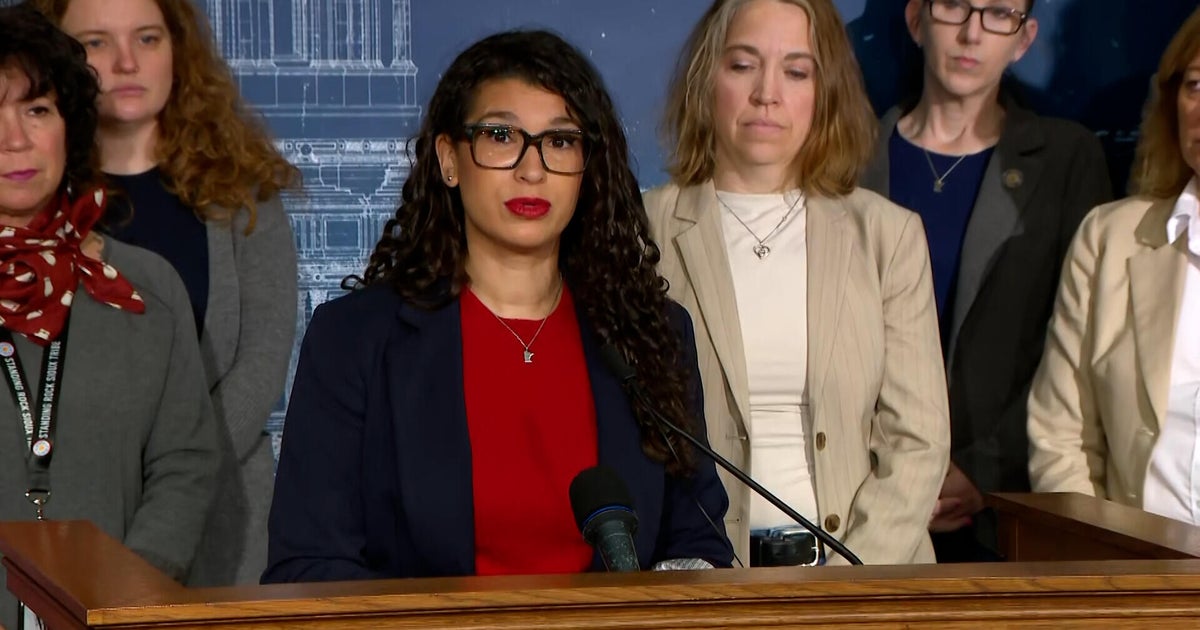WJZ Exclusive: Experts Discuss Debt Deal
BALTIMORE (WJZ)—Many questions remain after the historic debt deal was reached this week, including what should be cut next to reduce the massive deficit. WJZ gathered experts here in our studio to sound off on the tough decisions facing Congress.
Mary Bubala reports.
With a debt deal done, a 12 member congressional committee equally composed of Republicans and Democrats is tasked with reducing the deficit by $1.5 trillion.
There was a divided panel here inside WJZ's Studio A on what Congress should do next to bring down the deficit.
John Willis - who's in the world of academics – says both taxes should be raised and entitlements cut, starting with social security.
"Age, you are going to have to adjust in terms of rate, you are going to have to adjust in terms of what's covered and what's not because you have to make sure the program has long term sustainability," Willis said.
Dedrick Muhammad is the senior director of economics at the NAACP. He thinks Congress needs to raise revenue with tax increases instead of cutting entitlements or social programs.
"You have over 16 percent unemployment for African Americans," Muhammad said. "You have studies that come out that wealth divide between African Americans and white Americans has doubled over the last four years, so there are communities that are in particular crisis. And we can't deal with the issue of deficit and debt on the backs of those who have been suffering the most."
Kurt Sturn is a tax principal at the Reznick Group. He didn't raise his hand when asked whether taxes should be raised because he says they're built into this debt deal.
When Bush era tax breaks expire at the end of next year, "the tax increases aren't just tax increases to the wealthy, they are across the board," Sturn said. "We are going to have a tax increase as a result of this budget. Many people don't realize that. It will be very significant."
Kurt does think Medicaid and Medicare spending need to be looked at closely.
Congress must approve the new reductions the committee comes up with by Sept. 23.







